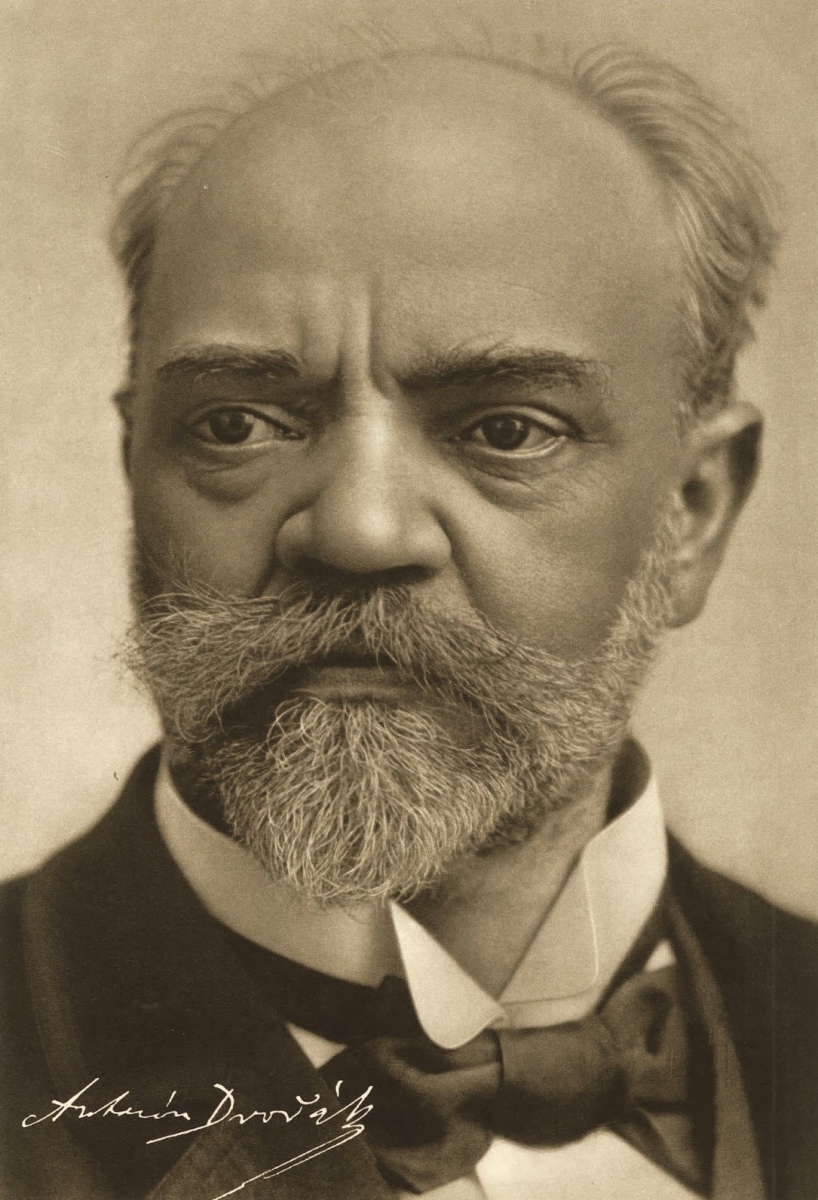Lived 1841 – 1904
Mostly in Prague
Best Known for Symphonies (especially the New World), Slavonic Dances, Rusalka
Similar to Brahms, Smetana, Wagner, Fibich
Familiarity does not necessarily breed contempt, but it can engender complacency. Familiar images of a composer, enshrined in the biographical and critical literature, can provide comfortable stereotypes that distort rather than enhance understanding of a life and its product. Antonín Dvořák has rather suffered from the trope that he was an amiable naïf whose music, though always appealing, leans heavily on folksong and is dominated by contemporary influences, in particular Wagner and Brahms. But in this convenient wrap-up, where do we find the Dvořák who admired Verdi and French Grand Opera? Where do we find the Dvořák whose distinctly old-fashioned musical education imbued his technique with a respect for Baroque processes and forms? Where is the Dvořák who, while he was prepared to use folk texts as the basis for songs, only quoted a folksong twice in his voluminous output?
 Antonín Dvořák
Antonín Dvořák
One problem is that there is an overwhelming lack of information on Dvořák’s life. A pioneering critical biography and volumes of selected letters and reminiscences by Otakar Šourek were fundamental to...











Comments
Log in to join the conversation.